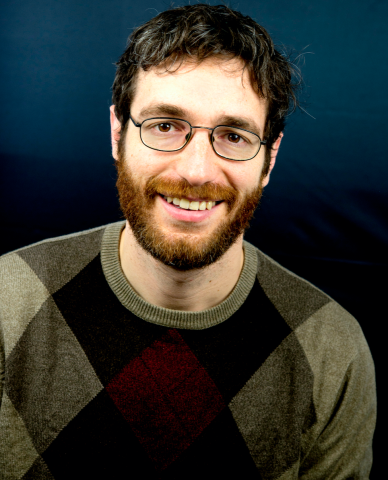event
SCS Recruiting Seminar: Joe Izraelevitz
Primary tabs
TITLE: Practical and Formal Infrastructure for Nonvolatile Memory
ABSTRACT:
For decades, programmers have interacted with persistent storage via a well-defined block-based API, namely, that of the file system. However, it is expected that byte-addressable nonvolatile memory (NVM) will soon be commonplace, potentially transforming main memory into a storage device. This transition forces fundamental changes in how to reason about and manage persistent storage. The possibility that programmers may wish for data in main memory to survive program runs and even system crashes suggests the need to reassess design decisions at all levels of the system stack.
This talk will discuss how system architecture and formal foundations are changing to meet the demands of NVM at all scales. At a formal level, we explore what it means for a program to be “correct” on a machine with NVM. At the hardware level, extensions of memory consistency control the ordering and timing of writes into persistence. At the library level, data structures are transformed to be consistent not only in the face of concurrent access, but also in the wake of crashes. Finally, at the compiler and language level, extensions to transactional memory give programmers the ability to ensure that complex changes to persistent state are not only isolated and consistent, but also failure atomic and durable.
BIO:
Dr. Joseph (Joe) Izraelevitz is a postdoctoral researcher at IMDEA Software Institute in Madrid, Spain. He completed his doctoral degree in March 2018 under Professor Michael L. Scott at the University of Rochester in Rochester, New York. With a background in shared memory programming, his doctoral research explored the impact of new nonvolatile memory technologies on both practical systems infrastructure and formal program reasoning. His research interests include distributed algorithms, shared memory synchronization, and parallelism in general. Prior to his graduate studies, Joe served as an active duty U.S. Army officer for three years, including a year-long deployment to Afghanistan as a staff officer. He received his undergraduate degree from Washington University in St. Louis in 2009.
Status
- Workflow status: Published
- Created by: Tess Malone
- Created: 04/25/2018
- Modified By: Tess Malone
- Modified: 04/25/2018
Categories
Keywords
User Data
Target Audience

